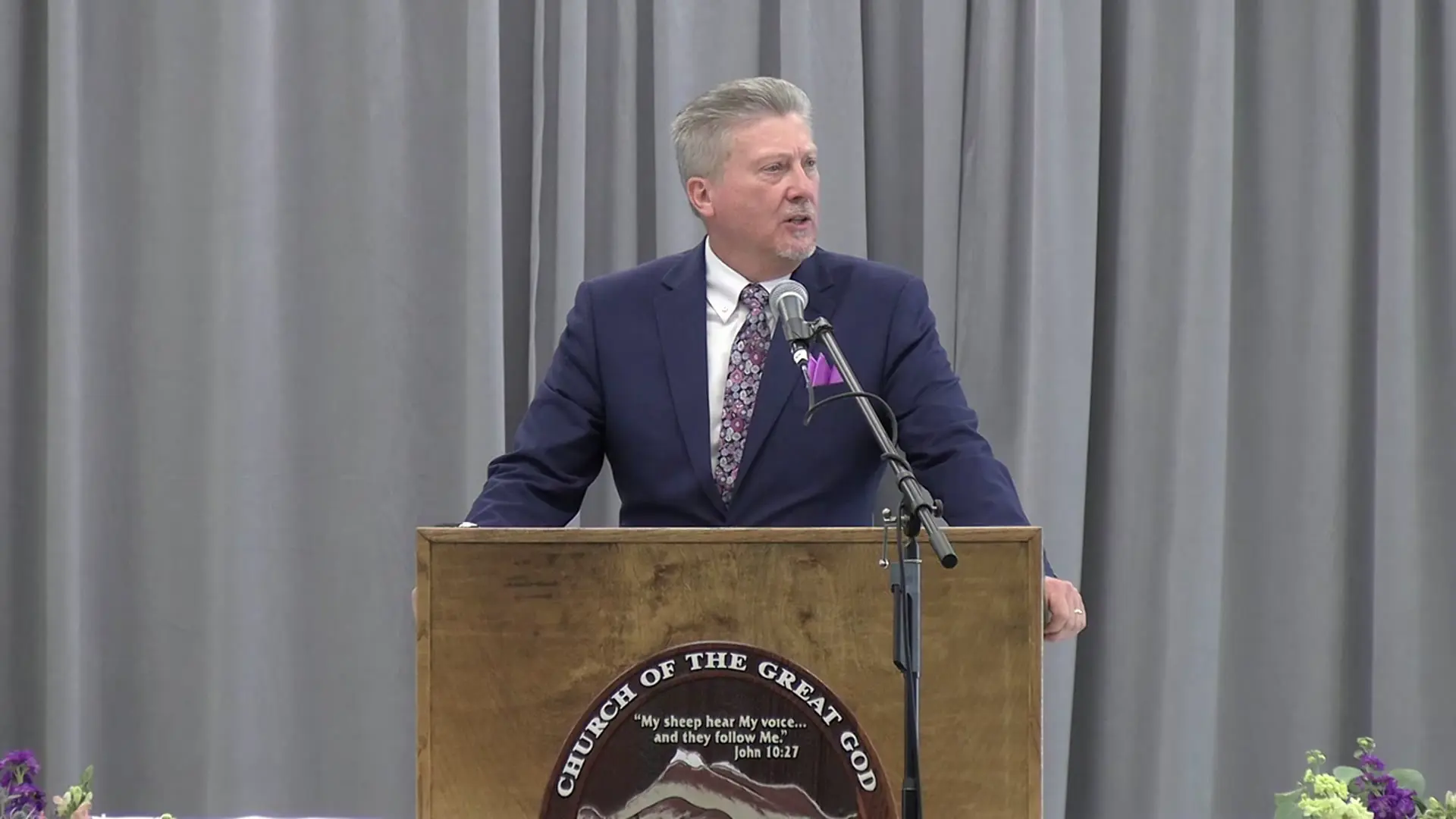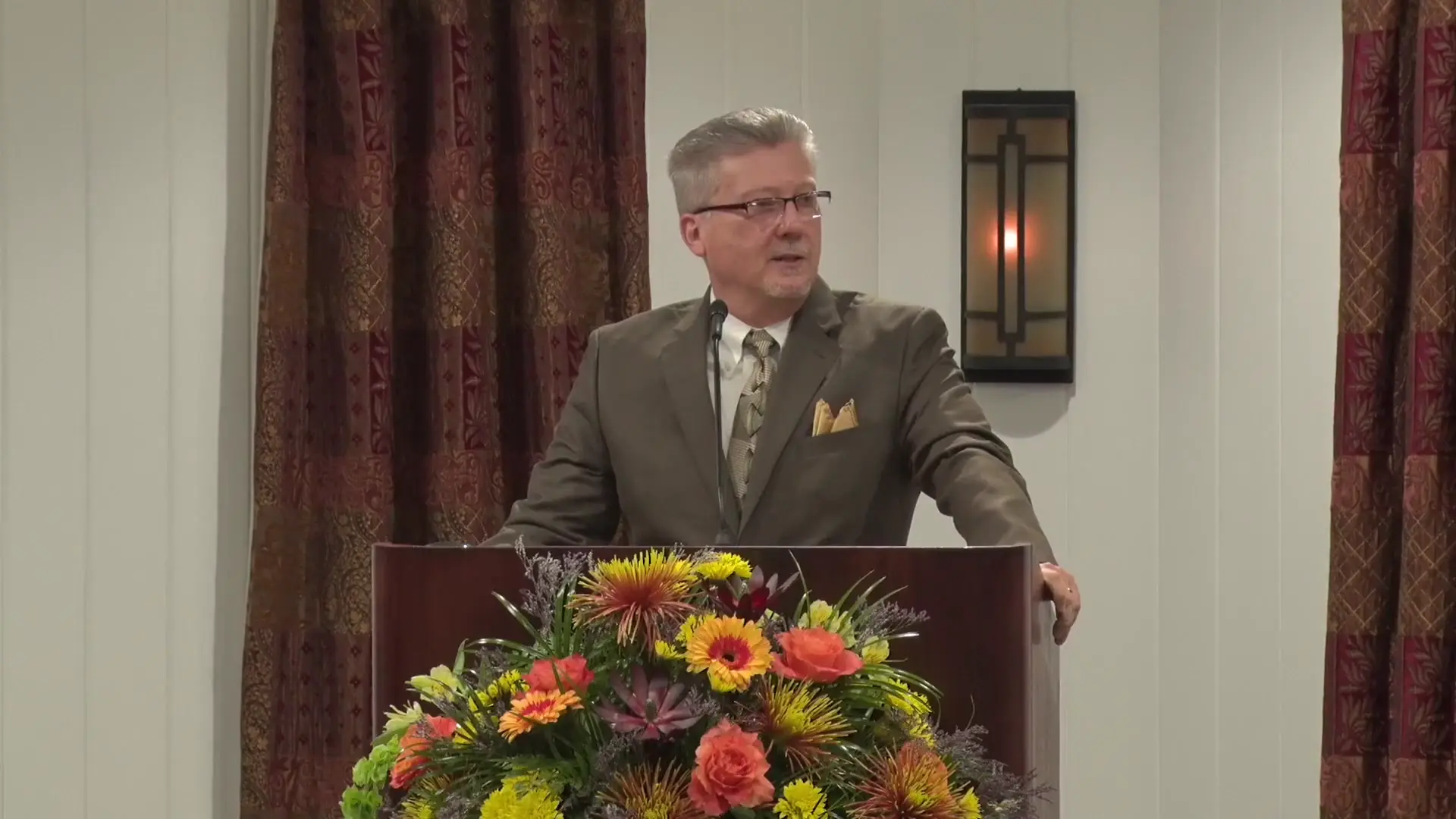Filter by Categories

Christ Coming in the Flesh
Sermon/Bible Study by Richard T. RitenbaughJohn and other biblical authors emphasize that Jesus Christ came in the flesh as a human being. Jesus had to be fully human to die for human sins.
Hebrews (Part Four): Who Was Jesus?
Sermon by John W. Ritenbaugh (1932-2023)Jesus Christ was not just an extraordinary man, but also possessed the massive intellect needed to create, design and implementing all manner of life—He was God.
The High Christology of Colossians
Sermon by Richard T. RitenbaughHigh Christology as a doctrinal stance was not enough to prevent the eventual apostasy of those in Asia Minor. Doctrine must produce the right conduct.
Hebrews (Part Three): Who Was Jesus? (cont.)
Sermon by John W. Ritenbaugh (1932-2023)John identifies Christ as co-eternal with the Father, equal in character, but subordinate in authority. Christ's sonship was unique; He was the 'only Begotten Son.'
Christ's Revelation of the Father
Sermon by Richard T. RitenbaughJohn 1:1-3 reveals Jesus' pedigree as the Logos (Spokesman), whose function was to declare or reveal the Father. He had existed with His Father from eternity.

Jesus in the Feasts (Part Five): Tabernacles
Feast of Tabernacles Sermon by Richard T. RitenbaughWe should consider the temporary dwellings as a foreshadowing of Christ as our ultimate Tabernacle—the divine presence with and within His people

Jesus in the Feasts (Part Four): Atonement
Sermon by Richard T. RitenbaughIsaiah 53 and passages from the New Testament substantiate Christ's dual role in shedding His blood and bearing away sins, thereby reconciling humanity to God.
'Unto Us a Son Is Given'
CGG Weekly by Richard T. RitenbaughIt is high time for our conception of Christ to rise above the mere physical, which Christmas tends to emphasize, to the glories of His present and future work.
Preternatural, Natural, Unnatural, Supernatural (Part One)
Sermon by John W. Ritenbaugh (1932-2023)God, before He created Adam and Eve, preternaturally planned the death and resurrection of Jesus Christ to save humanity from the curse of sin and death.
John (Part Three)
Sermon/Bible Study by John W. RitenbaughEven many extra-biblical sources such as Tacitus, Seconius, Justin Martyr, Pliny, and Josephus corroborate and validate the biblical accounts of Jesus.
Deceivers and Antichrists (Part One)
CGG Weekly by David C. GrabbeJohn's epistles are the only places the term "antichrist" is used. This word has taken on a life of its own, especially within Evangelical Protestantism.
Deceivers and Antichrists (Part Two)
CGG Weekly by David C. GrabbeJohn says that those who do not confess Christ as 'coming in the flesh'—or 'as appearing in flesh'—in the present—are deceivers and antichrists.
Hebrews (Part Eight): Greater Than Angels (cont.)
Sermon by John W. Ritenbaugh (1932-2023)Hebrews 1:3-4 describes the dramatic transitional period in which God begot Christ, making Him the only human being who could qualify as our Messiah and Savior.
Psalms: Book One (Part Five)
Sermon by Richard T. RitenbaughBook One of the Psalms, parallel with the spring season, focuses on the Messianic prophecies, revealing God's plan to redeem Israel by crushing Satan.
Fear of Death
Sermonette by Ronny H. GrahamFear of death originated with Adam and Eve's sin of eating from the Tree of the Knowledge of Good and Evil, and, in response, they tried to hide from God.